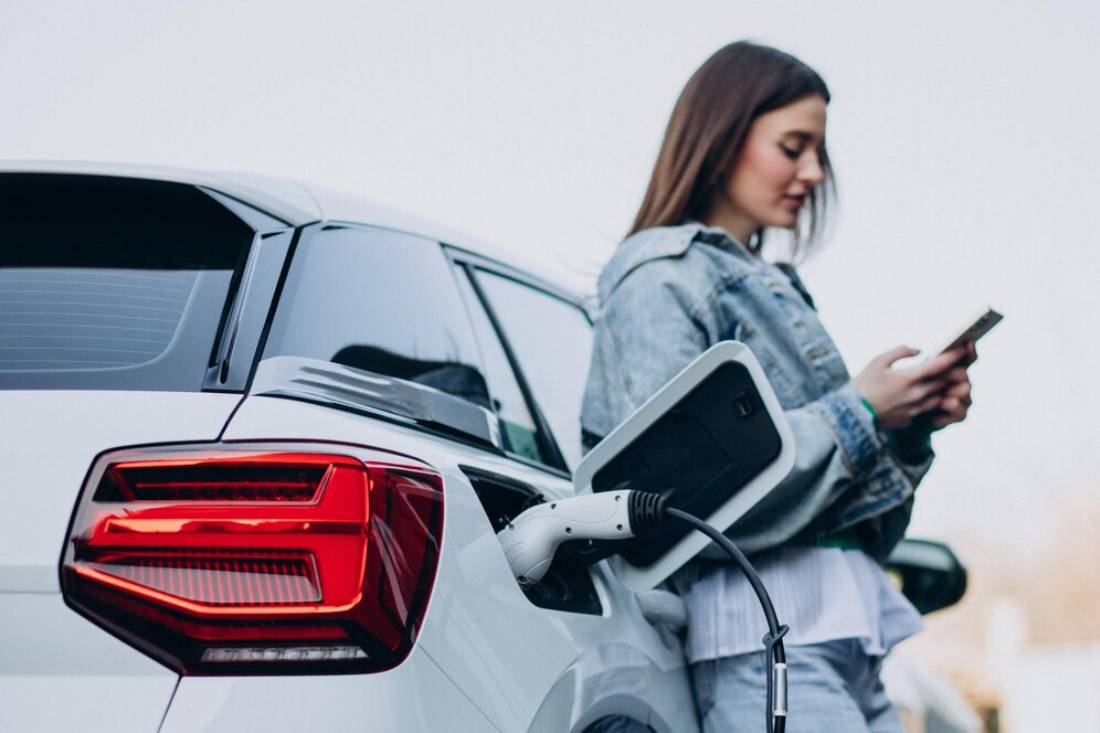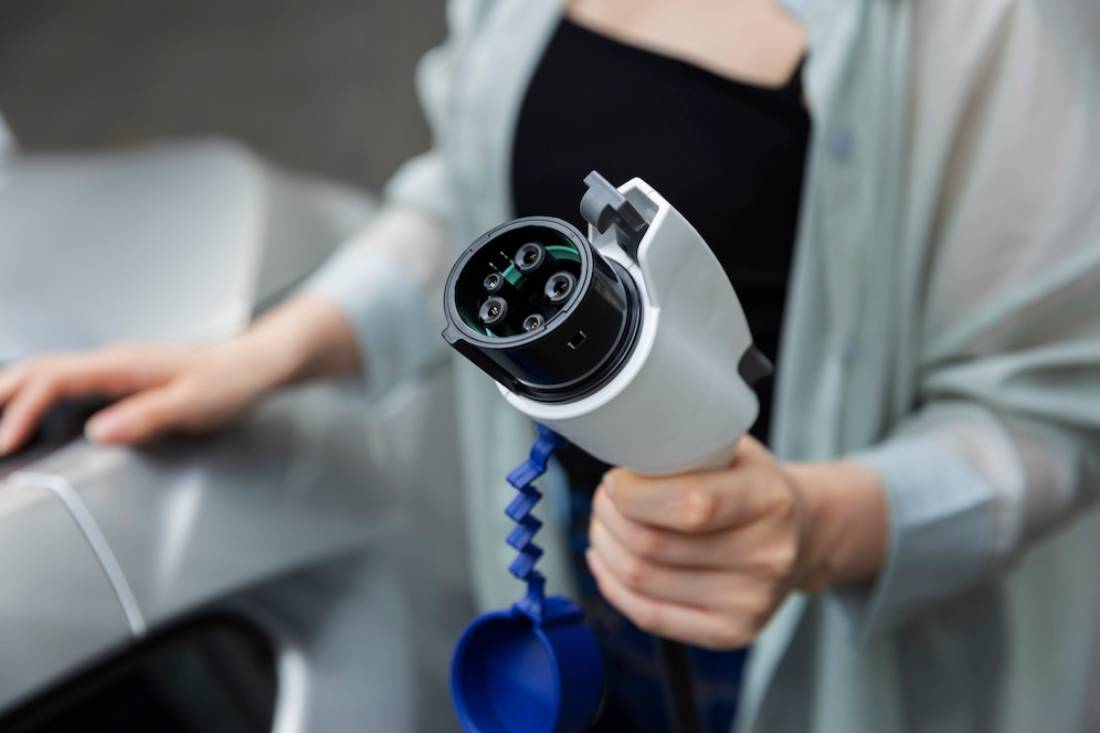
Electric vs Hybrid Cars: Which One is Right for You?
The automotive world is revving up for a remarkable overhaul. Electric vehicles (EVs) and hybrids are surging to the forefront of our roads. More drivers are considering a switch as governments promote greener mobility and better fuel efficiency. However, with a smorgasbord of options, selecting between an EV and a hybrid can feel like navigating a maze.
In this article, we’ll explore the exciting EV vs hybrid battle. We’ll look at their benefits, drawbacks, and key points to consider. By the finish line, you’ll confidently know which option dovetails perfectly with your life and preferences. We’ll highlight the top hybrid cars for 2025. This way, you can make a smart choice between EVs and hybrids.
Understanding the Basics: EVs vs Hybrid Cars

Before comparing, it’s important to know the key differences between electric vehicles and hybrid cars.
What is an Electric Vehicle (EV)?
An electric vehicle (EV) is powered solely by electricity and operates using a rechargeable battery instead of an internal combustion engine. These vehicles produce zero tailpipe emissions, making them environmentally friendly. Popular EV models include the Tesla Model 3, Nissan Leaf, and Ford Mustang Mach-E.
What is a Hybrid Car?
A hybrid car is a clever fusion of tradition and innovation. Combining a traditional internal combustion engine with an electric motor boosts fuel efficiency. This change leads us to a greener future. Unlike fully electric vehicles, hybrids don’t need charging stations. Their batteries recharge beautifully through regenerative braking and their trusty engine.
Types of Hybrid Cars:
- Full Hybrid (HEV) – Uses both petrol and an electric motor but cannot be plugged in (e.g., Toyota Prius). HEVs automatically switch between electric and fuel power depending on driving conditions.
- Plug-in Hybrid (PHEV) – This type can charge from an external source. It can run on electric power alone for short distances, like the Mitsubishi Outlander PHEV. PHEVs offer a bridge between traditional hybrids and fully electric vehicles.
- Mild Hybrid (MHEV) – Supports the petrol engine with some electric help (like the Audi A6 MHEV). It boosts fuel efficiency but cannot run only on electricity.
Key Comparisons: EV vs Hybrid

1. Environmental Impact
EVs: The Green Choice
- Produce zero tailpipe emissions, significantly reducing air pollution.
- Lower overall carbon footprint when charged using renewable energy.
- No reliance on fossil fuels, contributing to a more sustainable future.
- EV production, especially battery making, affects the environment. However, new recycling methods and sustainable materials are helping to reduce this impact.
Hybrids: A Greener Alternative to Conventional Cars
- Emit less pollution than petrol or diesel cars, but still adds to greenhouse gases.
- Still rely on fossil fuels, making them less eco-friendly than EVs.
- Plug-in hybrids (PHEVs) offer electric-only driving for short distances but revert to fuel for longer trips.
- Hybrid batteries are smaller and less impactful than EV batteries. However, they still need raw materials like lithium and cobalt.
Winner: EVs – They are the most environmentally friendly option with no direct emissions.
2. Running Costs and Maintenance
EVs: Lower Operating Costs
- Electricity is cheaper than petrol or diesel, resulting in lower fuel costs.
- Fewer moving parts mean less maintenance. You won’t need oil changes. There will be fewer mechanical failures. Brakes last longer thanks to regenerative braking.
- Government incentives and tax breaks can lower upfront costs.
- Insurance for EVs can be higher because of battery replacement costs. However, this can change based on the provider and region.
Hybrids: More Maintenance, But Still Cost-Effective
- Require petrol, making running costs higher than EVs but lower than traditional cars.
- More complex mechanics mean higher potential repair costs.
- Still cheaper to maintain than conventional petrol/diesel vehicles.
- Hybrid batteries usually last longer than EV batteries. This is because they are smaller and used less often.
Winner: EVs – They need less maintenance and have lower fuel costs. So, EVs are cheaper in the long run.
3. Charging and Refuelling Convenience
EVs: Charging Infrastructure Growing, But Still a Challenge
- Require charging stations at home or public locations.
- Charging time varies (fast chargers take 30 minutes, home charging takes 8-12 hours).
- The availability of charging stations is improving but is still limited in some areas.
- Fast-charging networks are expanding, but rural areas may still face accessibility challenges.
Hybrids: Fuel Convenience with Electric Benefits
- No need for charging; refuel at any petrol station.
- Plug-in hybrids (PHEVs) offer the option of electric driving with a backup petrol engine.
- Ideal for long-distance travel without worrying about charging stations.
- Less dependency on charging infrastructure compared to EVs.
Winner: Hybrids – More convenient for those who do not have easy access to charging stations.
4. Driving Range and Performance

EVs: Range is Improving
- Modern EVs can go 150-400 miles on a charge. Some premium models exceed 500 miles.
- Performance is often superior due to instant torque and smooth acceleration.
- Ideal for urban commuters and daily drivers.
- Long road trips require careful planning around charging stations.
Hybrids: No Range Anxiety
- Typically offer better range than EVs since they can switch to petrol when needed.
- Ideal for long-distance drivers or those in areas with limited charging infrastructure.
- Plug-in hybrids offer 20-50 miles of electric-only driving before switching to fuel.
- Greater flexibility without range limitations.
Winner: Hybrids – More suitable for long-distance travel, though EV range is improving.
5. Best Hybrid Cars 2025: Top Picks
If a hybrid suits your needs, here are some of the best hybrid cars 2025:
- Toyota Prius 2025 – Known for excellent fuel efficiency and reliability.
- Honda CR-V Hybrid – A spacious SUV with hybrid benefits.
- BMW 330e Plug-in Hybrid – Luxury and performance in one.
- Ford Escape PHEV – A practical and efficient crossover with plug-in hybrid capabilities.
- Hyundai Tucson Hybrid – A stylish and fuel-efficient option in the growing hybrid market.
Conclusion
Picture this: electric and hybrid cars, each a champion in its own right. Your perfect match hinges on your driving style, budget, and charging access. EVs stand as eco-warriors, boasting minimal running costs and zero emissions. Hybrids? They strike a savvy balance between fuel efficiency and everyday ease.
Ready to take the plunge into the future of driving? Hit the road and test-drive both an EV and a hybrid to discover which one revs your engine.
The future of sustainable mobility is here – which side are you on?
Thinking about making the switch? Explore the latest EV and hybrid models today.


